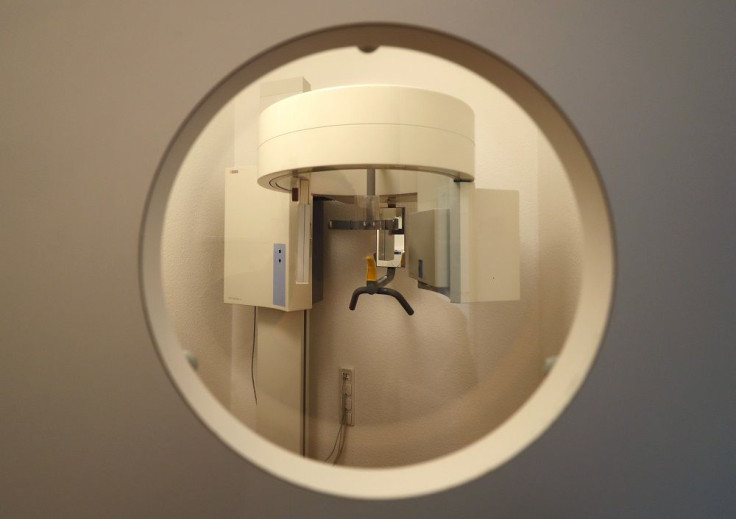Startupbootcamp launches 1st Digital Health accelerator in Europe

Startupbootcamp (SBC) launched on Thursday Digital Health Berlin. It is a dedicated accelerator for innovative startups which combine smart technologies with medical knowledge to focus on behaviour change, diagnostics and genomics, big data and analytics.
Led by Juliana Zielonka, a digital health entrepreneur, Digital Health Berlin aims to fuse medical knowledge with smart technologies to expand or preserve human health. With digital health, enhancement of physically delivered health services or digital means delivers health services using digital technology.
SBC helps startups that are working on healthcare and health-related technologies to develop products and services toward patenting the technology. It started to accept applications on Thursday and would continue to receive it until Aug 31.
Being accepted would give the startup extensive mentorship from more than 100 industry partners, investors and entrepreneurs. They would also get six months free coworking space, three during the programme and three after, €15,000 (AUD$22,300) and exposure to more than 100 angels and VCs.
There are also exclusive contacts for possible corporate cooperation and invitation to SBC global alumni network and growth programme. In turn, SBC would ask for a six percent equity but would not accept board seats or get preferred shares.
SBC will select the startups to accept beginning Sept 1, while the programme begins Nov 7. In Europe, SBC, which aims to accelerate 10 outstanding startup in digital health, runs over 13 programmes in 10 cities worldwide and claims to be the biggest accelerator programme in the continent.
Corporate partners of SBC are arvato CRM Healthcare, Sanofi, Munich Health and Deutsche Apotheker-und Arztebank (apoBank). SBC will accept startup applications from all over the world.
SBC predicts a 21.4 percent growth rate for digital health from 2015 to 2020. But it notes that technology are made up of isolated products and services instead of connected health systems. Among the challenges to digital health startups that SBC identifies are lack of system inoperability, complex rules, diametric stakeholder interests and lack of seed funding. SBC’s Digital Health Berlin aims to fill the gap and empower the startups to overcome those challenges.





















